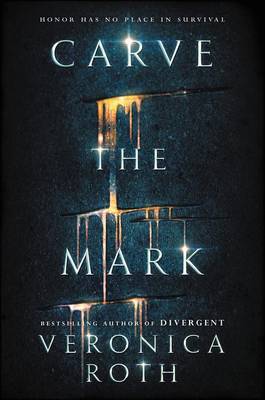Reviewed by Kim Deister on
The story revolves around Akos and Cyra, two people from different tribes. They share a planet, but share no peace. Akos is from the Thuvhe nation, the son of one of the three Oracles. This places him in the equivalent of the upper middle class. And he is white. Normally, I could care less about race and rarely find a need to even mention it, but it is important here. Cyra is from the Shotet nation, the sister of the tyrannical leader of their people. And she is black.
Why is race important? Because the Thuvheits are portrayed as peaceful and civilized, while the Shotet are brutal savages. Yes, the race lines are blurred between the two main characters, but the characterization still exists. Even the languages of the two tribes is described in privileged ways. The Thuvhe language is described as beautiful and lyrical, while the Shotet language is called harsh with its stops and hard sounds.
There were moments where the brutality displayed by the Shotet ruler were essentially rape. True, it wasn't sexual, but it involved forcible entry and theft into another's mind. It makes sense within the book, but I don't want to give it away.
It was because of this brutality that Cyra's gift manifested, the trigger being pain. When medical advice is sought, she is told that the pain she feels comes from herself, is her choice, and is her fault. Later, she makes the comment that she deserves it. The pain was caused by what amounts to rape, but her character feels she deserves the pain? That idea is very reminiscent of the rape culture.
And lastly, the religion of the Shotet seemed to be based at least in part on the Muslim faith. There was a lot of negativity in its portrayal and that just seemed to perpetuate stereotypes.
Even aside from all of that, I just couldn't connect to the characters. The story was slow and even when it did pick up, it was too late for me. All in all, I think I will pass on the rest of the series.
Reading updates
- Started reading
- 2 May, 2017: Finished reading
- 2 May, 2017: Reviewed
